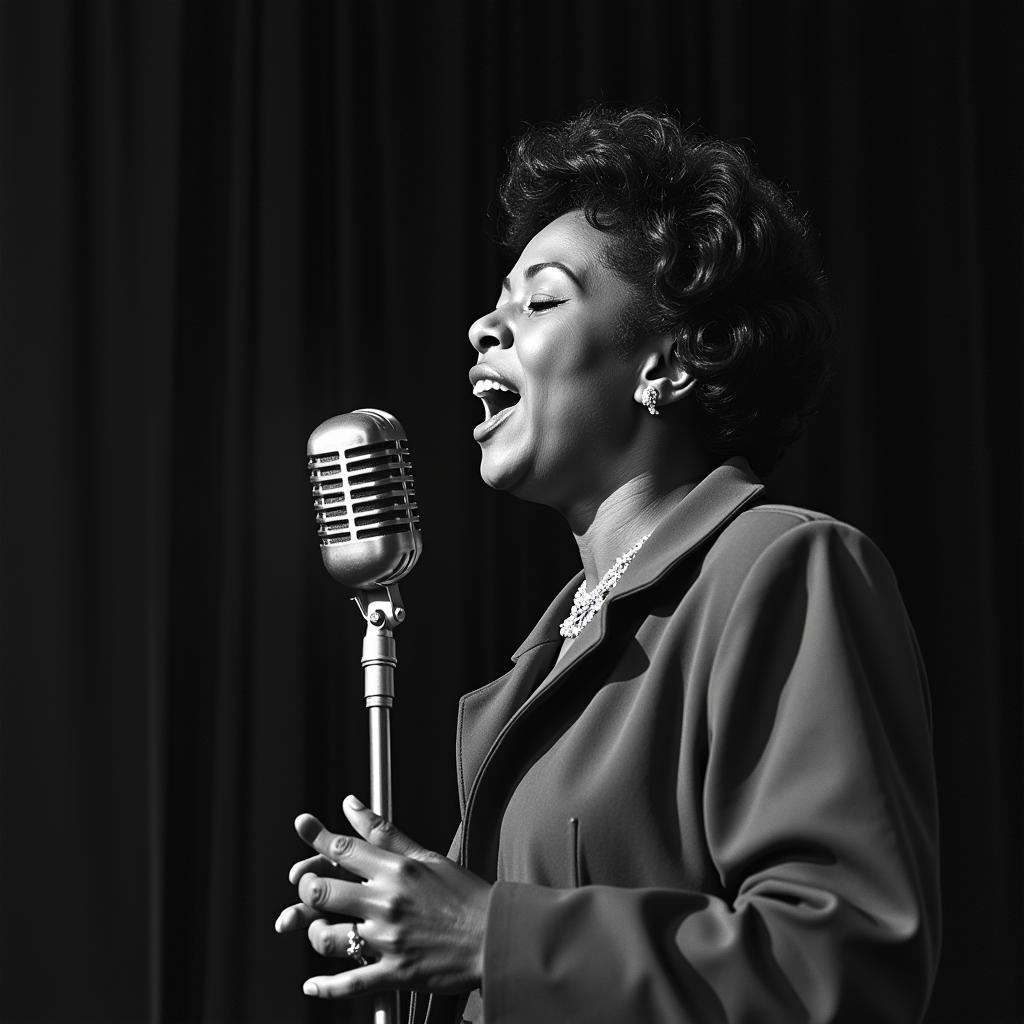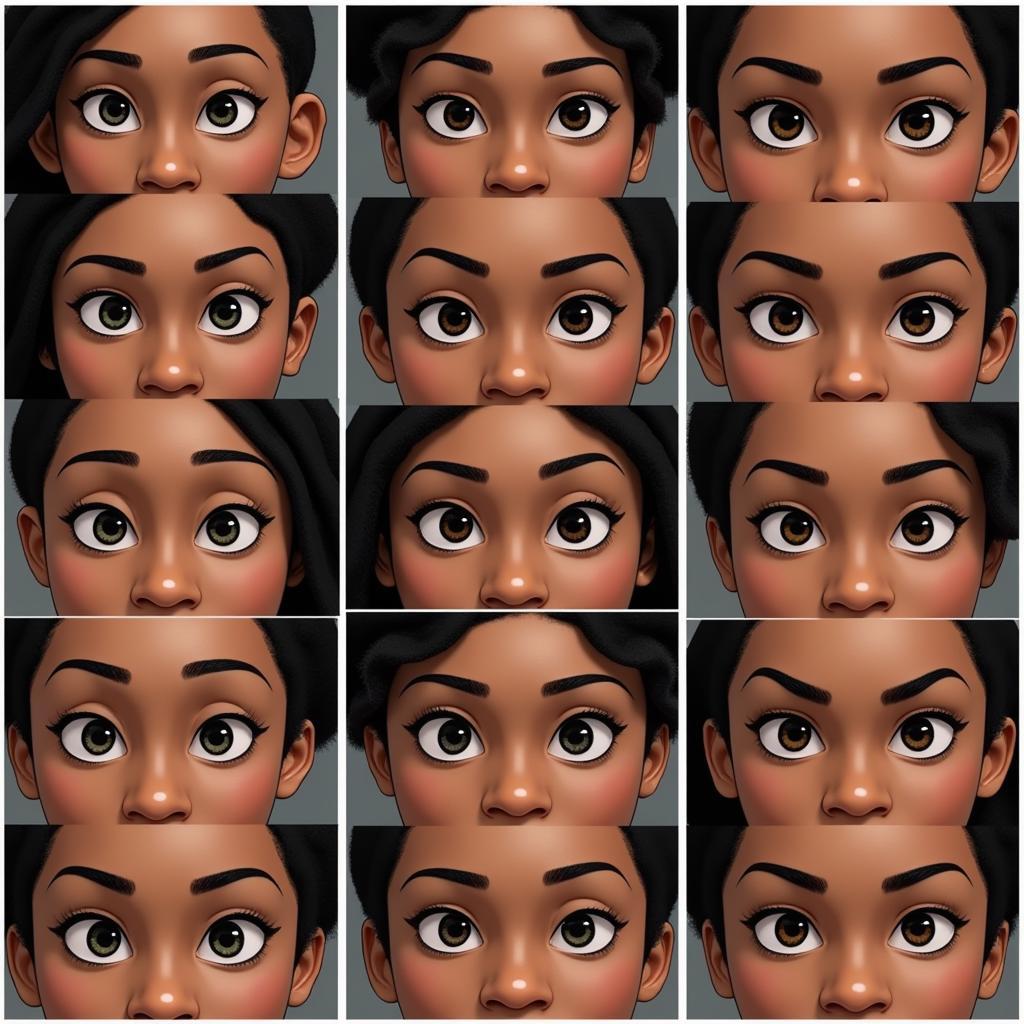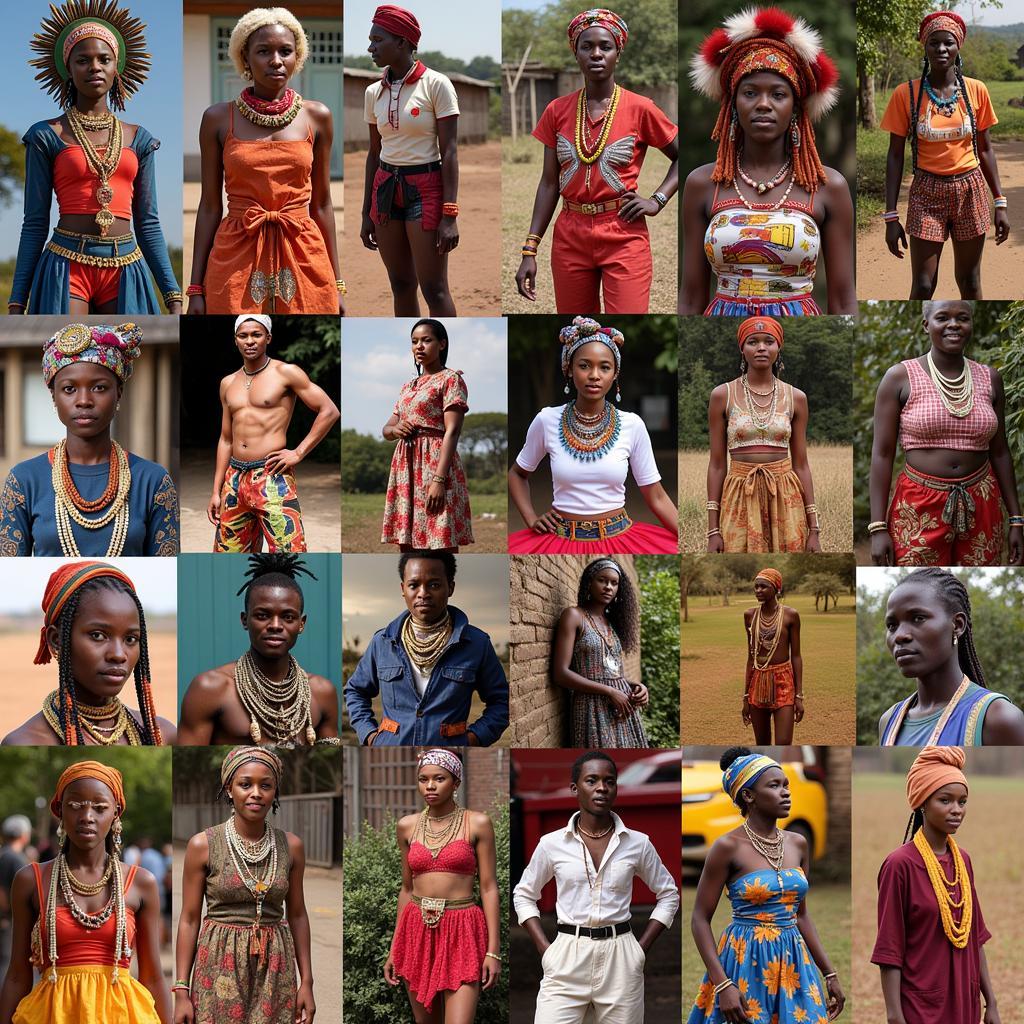The Enduring Legacy of African American Jazz Singers
Jazz, with its roots deeply embedded in the African American experience, owes much of its evolution and global recognition to the immense talent of African American singers. These vocalists, emerging from a history marked by struggle and resilience, transformed pain into art, infusing jazz with soulful melodies, intricate phrasing, and raw emotion. This article delves into the profound impact of African American Jazz Singers, exploring their journey, their unique contributions, and their enduring legacy.
From the genre’s nascent stages in the bustling clubs of New Orleans to its ascent as a defining sound of the 20th century, African American singers have been at the forefront. These artists didn’t just sing; they embodied the music, weaving narratives of joy, sorrow, love, and hope into the very fabric of jazz. Their voices, imbued with the weight of history and the promise of a brighter future, resonated deeply with audiences, transcending cultural and geographical boundaries.
The Pioneers: Shaping a New Sound
The early 20th century saw the rise of vocalists who laid the foundation for jazz singing. These pioneers, navigating a segregated society and limited opportunities, carved a space for themselves with sheer talent and determination.
One of the earliest and most influential figures was Bessie Smith, often hailed as the “Empress of the Blues.” Smith’s powerful voice, coupled with her commanding stage presence, captivated audiences and established her as a major star. Her emotional delivery and masterful improvisation shaped the blues, a crucial tributary to the jazz river.
Another pioneering figure, Billie Holiday, transcended musical boundaries with her unique phrasing and hauntingly beautiful voice. Holiday’s ability to convey raw emotion and vulnerability through her singing left an indelible mark on jazz. Her interpretations, marked by a deep understanding of the lyrics and a conversational delivery, set a new standard for jazz vocalists.
The Golden Age: Innovation and Influence
The mid-20th century witnessed the “Golden Age of Jazz,” a period marked by artistic exploration and innovation. African American singers continued to shape the genre’s evolution, introducing new vocal techniques, experimenting with phrasing, and expanding the emotional palette of jazz.
Ella Fitzgerald, dubbed the “First Lady of Song,” possessed a remarkable vocal range and technical mastery. Her unparalleled ability to improvise complex scat singing, mimicking instrumental solos with her voice, established her as a true innovator. Fitzgerald’s influence extended beyond jazz, impacting generations of singers across various genres.
 Ella Fitzgerald performing with a microphone
Ella Fitzgerald performing with a microphone
Louis Armstrong, though primarily known for his trumpet mastery, was also a gifted vocalist. His charismatic stage presence, infectious energy, and gravelly voice added a unique flavor to his vocal performances. Armstrong’s scat singing, characterized by playful improvisation and rhythmic complexity, further pushed the boundaries of jazz singing.
Beyond Categories: Jazz’s Evolution
The latter half of the 20th century saw jazz branching out into various subgenres. African American singers remained at the forefront of these developments, seamlessly blending jazz with other musical styles and influencing the evolution of soul, R&B, and even pop music.
Nina Simone, a classically trained pianist and vocalist, infused jazz with elements of gospel, blues, and folk music. Her powerful voice, often described as a force of nature, and her socially conscious lyrics resonated with the Civil Rights Movement, cementing her status as an icon of both music and activism.
Sarah Vaughan, known for her remarkable vocal range and technical virtuosity, effortlessly transitioned between operatic highs and sultry lows. Her ability to seamlessly blend jazz with pop and classical elements broadened the genre’s appeal, influencing singers across multiple generations.
A Legacy of Innovation and Inspiration
The contributions of African American jazz singers extend far beyond their musical innovations. They broke down racial barriers, challenged societal norms, and paved the way for future generations of artists. Their impact is felt in the music of countless singers today, regardless of genre.
From the soulful melodies of Billie Holiday to the scatting virtuosity of Ella Fitzgerald and the social consciousness of Nina Simone, the legacy of African American jazz singers continues to inspire and resonate. Their voices, echoing through the decades, remind us of the power of music to transcend boundaries, uplift spirits, and ignite social change.


